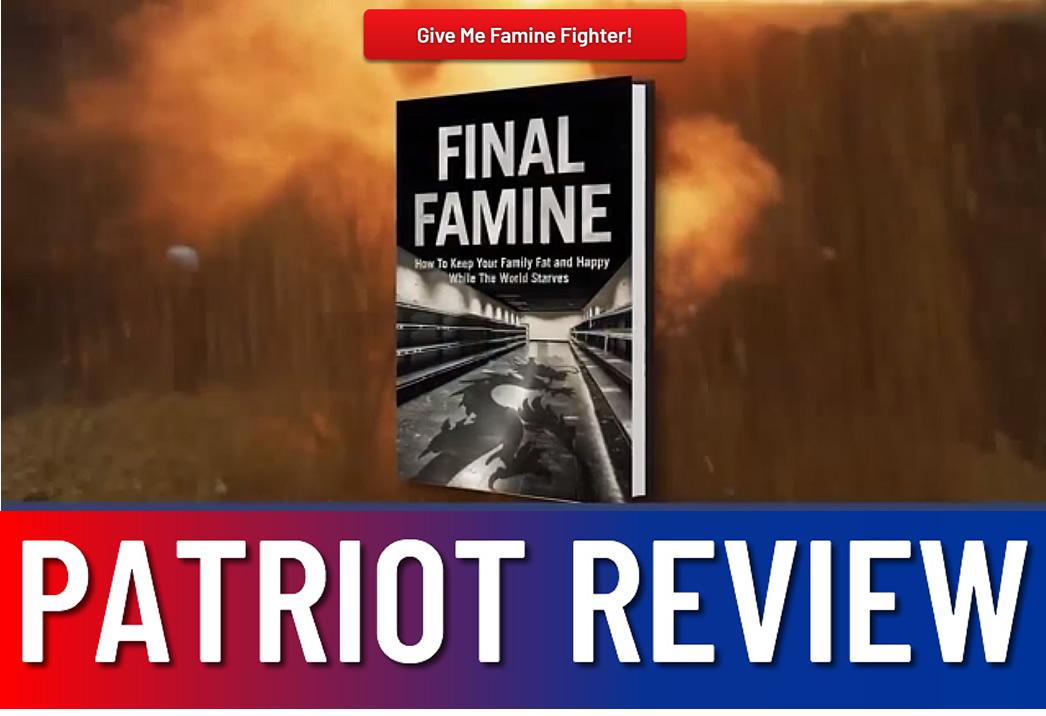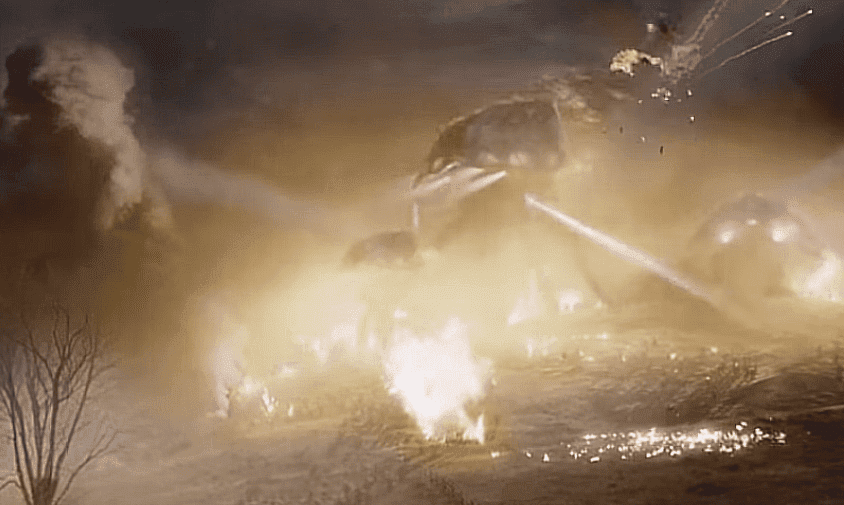America’s Looming Food Shortage
The threat of a food shortage looms over America, casting a shadow of uncertainty and urgency. China’s extensive acquisition of American farmland, totaling hundreds of thousands of acres, raises concerns about national security and food sovereignty. Additionally, prominent figures like Bill Gates are actively purchasing American farmland, further exacerbating worries about food control and manipulation. These actions, coupled with inclement weather, a vulnerable supply chain, and the looming threat of cyberattacks, paint a bleak picture for America’s food security.
China’s Farm Land Grab
China and Bill Gates buying up large amounts of U.S. farmland raises concerns about potential food supply shortages in the United States. The central issue is that foreign ownership of U.S. agricultural land, especially by a strategic competitor like China, could lead to food security risks. With control over significant portions of farmland, China could influence U.S. food production, potentially prioritizing their own food security needs over America’s, or even disrupting supply chains during geopolitical conflicts.
Additionally, the concentration of farmland ownership by wealthy individuals like Bill Gates poses risks to the diversity of food production. When fewer entities control more land, decisions about what is grown and how it’s distributed become centralized, which can lead to reduced crop diversity, higher prices, and increased vulnerability to supply disruptions. This concentration of power in food production can limit the ability of smaller, local farmers to compete, potentially driving them out of business and further consolidating control in the hands of a few.
Moreover, these acquisitions can exacerbate existing challenges for already struggling farmers, particularly those in marginalized communities, such as Black farmers who are already facing systemic discrimination. As these small farmers lose access to land or are pushed out of the market, it reduces the nation’s ability to sustain a robust and diverse agricultural sector, making the U.S. more dependent on the decisions of a few powerful landowners, which could lead to food shortages or increased prices in the long run.
About Final Famine Author: Teddy Daniels
Teddy Daniels, a retired US Army veteran and former police officer, emerges as a beacon of preparedness in the face of impending crises. With a background steeped in service and a dedication to safeguarding American interests, Daniels brings a unique perspective to the realm of survivalism. His experiences as a combat veteran and his commitment to community resilience underscore his credibility as a survivalist and advocate for self-sufficiency.
Final Famine: Watch the Video/Documentary Below!
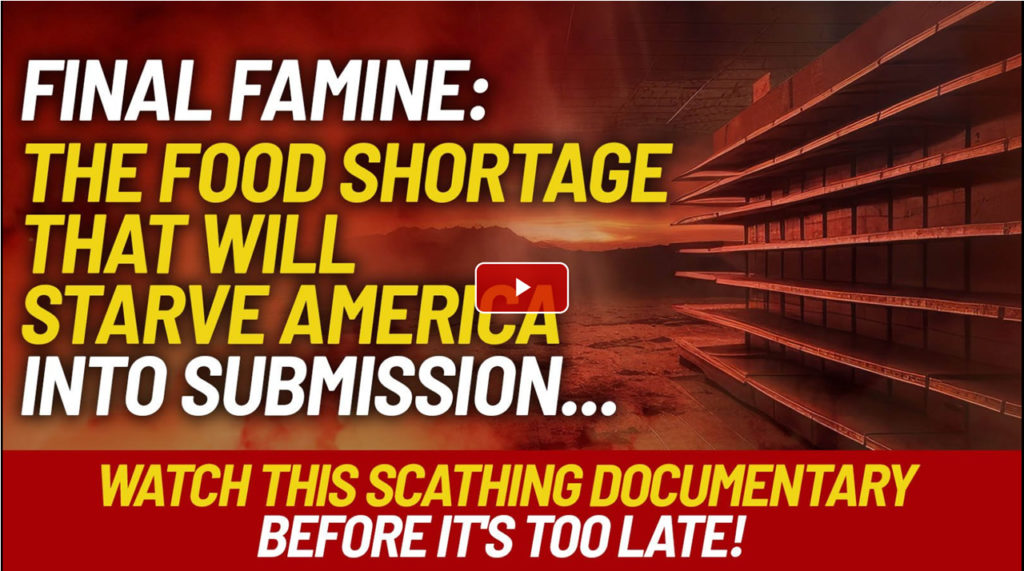
Final Famine: Why it’s a Necessary Read!
Amidst the uncertainty and vulnerability surrounding America’s food supply, Final Famine emerges as a necessary guide for survival. Teddy Daniels’ comprehensive approach equips readers with practical strategies to navigate the impending food shortage with resilience and resourcefulness. From building electroponics systems for sustainable home gardening to understanding the intricacies of geopolitical threats, Final Famine offers invaluable insights to weather the storm ahead.
Final Famine: Value Adds
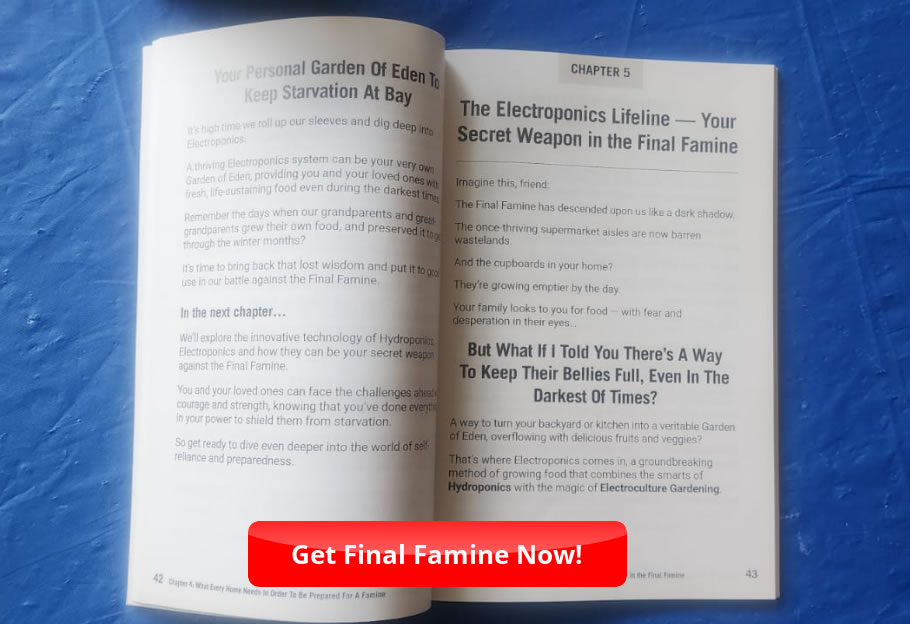
With the purchase of Final Famine, readers gain access to “The Red Dragon Report,” an essential companion to understanding and mitigating potential threats. This bonus content delves deeper into the geopolitical landscape and provides actionable steps to safeguard vital resources and electronics against adversarial forces.
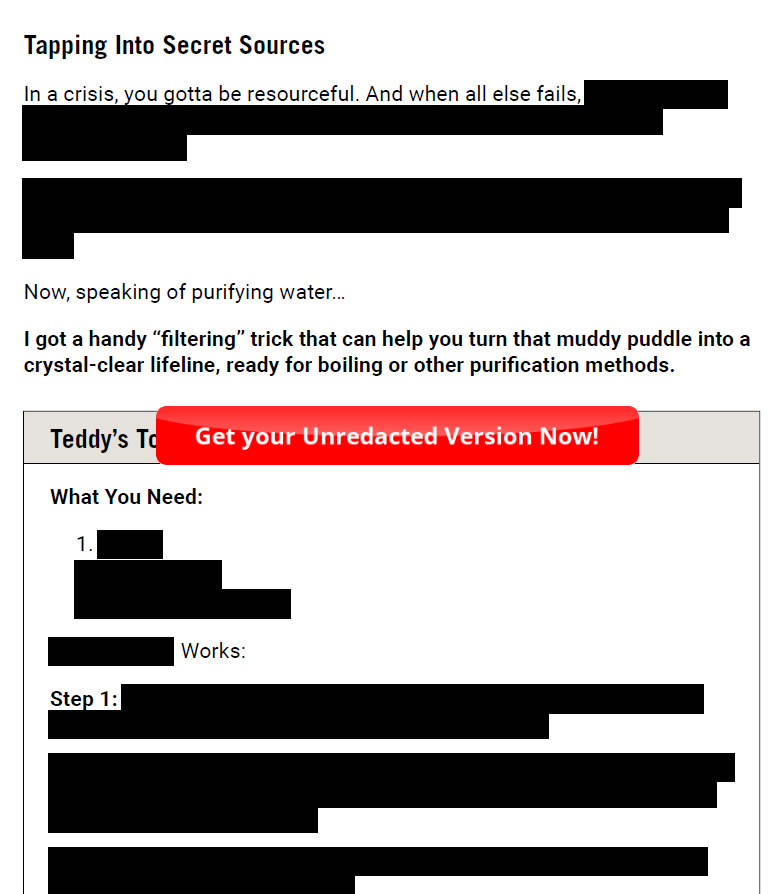
Final Thoughts on Final Famine
As America grapples with the specter of a food shortage, Final Famine stands out as a beacon of hope and resilience. By arming individuals with knowledge, skills, and strategic foresight, Teddy Daniels empowers readers to defy the odds and emerge stronger in the face of adversity. In a time of uncertainty, Final Famine stands as a testament to the power of preparedness and the resilience of the American spirit.


